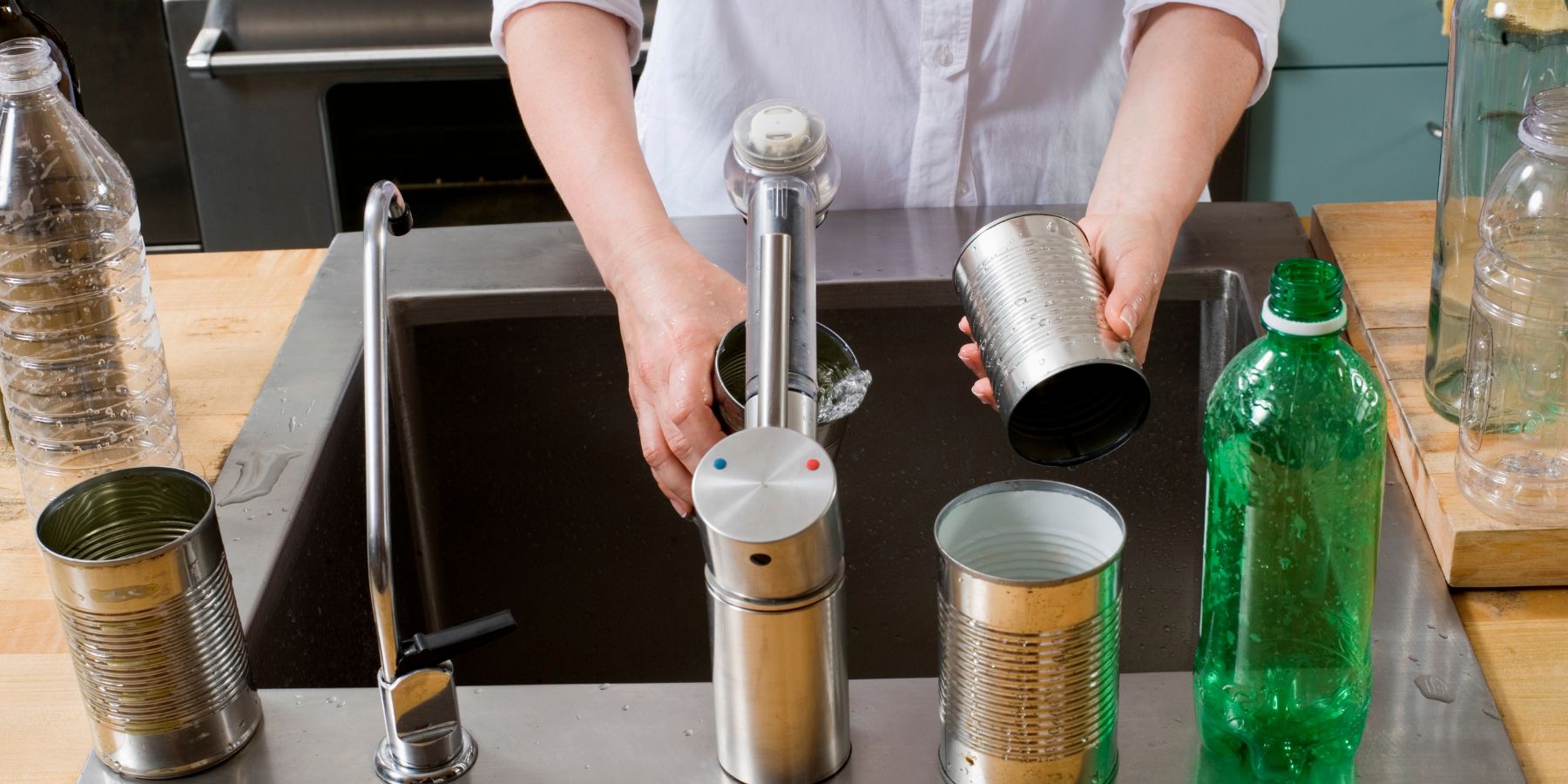In recent years, stainless steel water bottles have become popular for their durability and sustainability. However, many people wonder about their safety. This article delves into the facts about stainless steel bottles.
Understanding Stainless Steel Material
Composition of Stainless Steel: Stainless steel is an iron alloy that contains chromium, nickel, and other metals. It is known for its resistance to rust and corrosion.
Food-Grade Stainless Steel: For water bottles, food-grade stainless steel, like 304 or 18/8, is commonly used. This grade is considered safe for food and beverage use.
Chemical Leaching Concerns
Leaching Risks: A primary concern with any metal container is the risk of metal leaching. With high-quality stainless steel, the risk of harmful substances like BPA or toxins leaching into the water is minimal.
Impact of Acidic Beverages: Acidic beverages can potentially cause more leaching. However, the amount of leaching in stainless steel bottles is generally negligible and not harmful.
Durability and Longevity
Long-Lasting Material: Stainless steel is known for its strength and durability. Unlike plastic bottles, it does not crack or degrade over time.
The advantage in Longevity: This durability makes stainless steel bottles a safe choice in the long run, as they are less likely to harbor bacteria due to scratches or damage.
Temperature Retention Properties
Insulation Benefits: Many stainless steel bottles are insulated, meaning they can keep drinks cold or hot for extended periods.
Safety in Temperature Retention: This insulation is achieved through a vacuum seal between two layers of stainless steel, which is safe and free from harmful chemicals.
Stainless Steel and Environmental Health
Eco-Friendly Option: Stainless steel bottles are a more environmentally friendly option compared to single-use plastics.
Impact on Health and Environment: By reducing plastic use, you’re not only minimizing health risks associated with plastic but also contributing to environmental conservation.
Maintenance and Care for Safety
Proper Cleaning: Regular and thorough cleaning of stainless steel bottles is essential for safety. It prevents the build-up of bacteria and mold.
Avoiding Dishwashers: Some stainless steel bottles are not dishwasher safe. Check the manufacturer’s instructions for proper cleaning methods.
The Debate on Nickel Allergies
Concerns for Allergic Reactions: Some people have allergies to nickel, which is a component of stainless steel.
Risk Assessment: The risk of nickel leaching is low, but those with severe allergies should consult with a healthcare provider or choose nickel-free bottles.
Comparing Stainless Steel to Other Materials
Stainless Steel vs. Plastic: Stainless steel does not contain BPA or other chemicals found in some plastics, making it a safer option.
Stainless Steel vs. Aluminum: Unlike aluminum, stainless steel does not require a liner, which can sometimes contain harmful chemicals.
Conclusion
Stainless steel water bottles are a safe, durable, and eco-friendly choice for staying hydrated. With minimal risks of chemical leaching and the benefits of longevity and insulation, they are a reliable option for everyday use.
